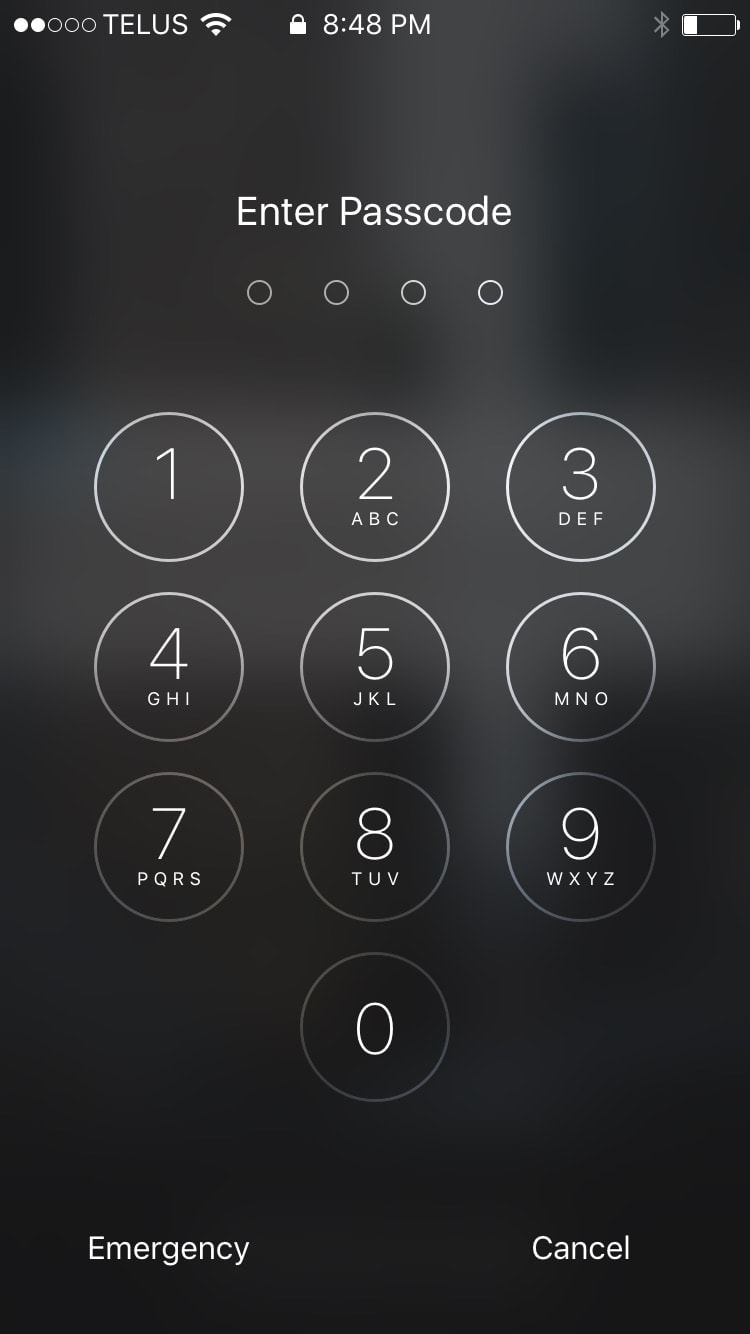An honest mistaken witness can still be wrong: the example of historical sexual assault allegations.
In preparing and researching my submissions in an historical sexual assault trial, I came across the recent Court of Appeal decision of R. v. H.P.S. [2012] O.J. No. 748, 280 C.C.C., (3d) 500. R. v. H.P.S. points out a very important, albeit often overlooked distinction between an honest witness who tells the truth, and an honest witness who is mistaken in their recollection of events. This is particularly relevant in the area of historical sexual assault allegations where the substance of the criminal charge typically rests fundamentally, if not entirely, on the recollection of events by the complainant.
“Why would someone lie about being sexually assaulted?”
For those looking from outside the practice of criminal law, questions arise such as “why would someone lie about this?” or “why would someone make such horrible things up?” are a recurring theme. Indeed, these are valid questions because we cannot imagine as sensible people that someone would do such a thing. However, the simple fact of the matter is that people can and do lie in criminal courts and witnesses are sometimes mistaken. This has been shown through countless cases that tragically include examples of wrongful convictions.
An honest, yet mistaken belief.
Focusing more on the area of historical sexual assaults, it is not uncommon to come across witnesses who fall into the less diabolical, but no less insidious category of honestly mistaken witnesses. What I mean by this is that many people convince themselves with absolute certainty that certain events took place, even though circumstances arise that may show this to be completely impossible and conclusively false.
One simply needs to Google the terms “wrongful conviction mistaken identification” to understand how common and devastating these occurrences can be. This can arise out of a number of circumstances that influence the mind and memories over time and can include rumours, forgotten information that was passed on, or recognition of an accused through unrelated triggers that lead to subsequent identification in the criminal proceedings.
Truthful does not equal reliable.
It is easy for us to equate a witness who appears (or who is) honest and forthright to them being truthful. However, being truthful does not mean a person is being accurate. In order words, a person need not tell a lie to express a falsehood. To make matters worse for an accused, a honest but mistaken witness is the most dangerous factor towards a wrongful conviction as they are highly convincing because to them, they are telling the truth.
The case of R. v. H.P.S. by the Ontario Court of Appeal
As the Court of Appeal in R. v. H.P.S., supra, in describing the dangerous of demeanour evidence expressed:
[/fusion_builder_column][/fusion_builder_row][/fusion_builder_container]34 Even if the complainant appeared to be “sincere,” “truthful,” and “honest” – as the trial judge noted several times throughout his reasons – and even if the complainant believed what she was saying, it does not follow necessarily that what she was saying was reliable. Credibility alone, in this sense, is not enough. This is particularly important where the accused is facing charges based entirely on allegations of historical physical and sexual abuse, and where also — as here – there were serious reliability issues.
35 Memory is fallible. Courts have long recognized that even an apparently convincing, confident and credible witness may not be accurate or reliable and that it is risky to place too much emphasis on demeanour alone where there are contradictions and inconsistencies in the evidence: see R. v. McGrath, [2000] O.J. No. 5735 (S.C.), at paras. 10-14; R. v. Stewart (1994), 18 O.R. (3d) 509, at pp. 515-18; R. v. Norman (1993), 16 O.R. (3d) 295, at pp. 311-15. As Finlayson J.A. noted in Stewart, at pp. 516-17:
It is evident from his reasons that the trial judge was impressed with the demeanour of the complainant in the witness box and the fact that she was not shaken in cross-examination. I am not satisfied, however, that a positive finding of credibility on the part of the complainant is sufficient to support a conviction in a case of this nature where there is significant evidence which contradicts the complainant’s allegations. We all know from our personal experiences as trial lawyers and judges that honest witnesses, whether they are adults or children, may convince themselves that inaccurate versions of a given event are correct and they can be very persuasive. The issue, however, is not the sincerity of the witness but the reliability of the witness’s testimony. Demeanour alone should not suffice to found a conviction where there are significant inconsistencies and conflicting evidence on the record: see R. v. Norman for a discussion on this subject. [Citations omitted, emphasis added.]







